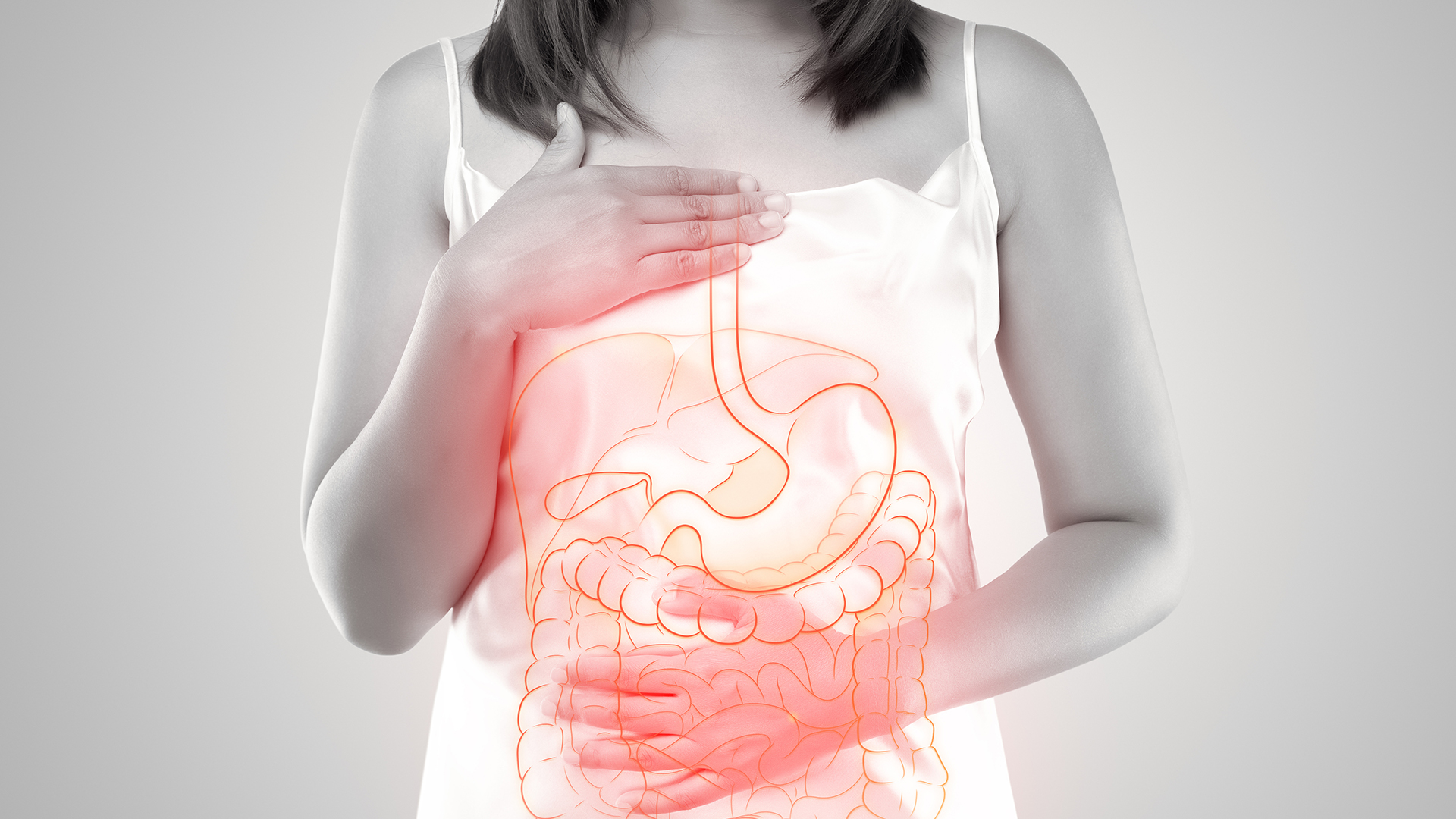We all experience constipation from time to time, but for about 14% of Americans, theirs is chronic. Chronic constipation can cause various complications like stool that can’t be expelled from your rectum and hemorrhoids. These can affect a person’s quality of life. If you have chronic constipation, diet and lifestyle changes can help.
Fruit
We can include many natural remedies in our diets to help reduce constipation frequency or to help prevent it from becoming chronic. Here are some fruits that can help with constipation symptoms:
- Prunes – Increases water in the stool, increases weight in stool, and phenolic compounds create a laxative effect.
- Apples – The pectin in apples decrease the gut transit time of stool.
- Pears – Pears are high in fiber and help stimulate a bowel movement.
- Kiwifruit – Increase frequency and ease of bowel movements.
- Figs -Helps stool through the colon, increases stool weight, and decreases stool transit time.
- Citrus Fruits – Reduces constipation and decreases stool transit time in the colon.
Veggies and Lifestyle Changes
Vegetables and other foods can also help with constipation symptoms. They are:
- Greens: Greens such as spinach, Brussels sprouts, and broccoli rich in fiber and are excellent sources of vitamin C, vitamin K, and folate. These help add bulk and weight to stools, which allows them to pass through the gut easily.
- Jerusalem Artichoke and Chicory: These are essential sources of a type of soluble fiber called inulin. It increases stool frequency, improves consistency, and decreases gut transit time.
- Rhubarb: Softens stood for easier transit.
Drinking plenty of fluids, exercising regularly, and not ignoring the urge to pass a stool are other lifestyle changes that can help ease constipation symptoms.
Bottom line: Diet and exercise can help, but clinical research studies may be an option if those aren’t enough. Research studies and their participants help find ways to improve the detection, treatment, and prevention of conditions like constipation. Learn more about how you can get involved in constipation studies here at InQuest.
References:
Healthline.com | The 17 Best Foods to Relieve Constipation
MayoClinic.org | Constipation
Recent Posts
Three Ways to Deal with Heartburn
Heartburn Treatment Options Heartburn can be a difficult, painful, and distracting condition. Anyone who has experienced heartburn can understand the extreme discomfort and pain associated [...]
Does Obesity Run In Your Family?
Rare Genetic Variants May Be Causing Your Obesity Does obesity seem to run in your family? Have you struggled with your weight your entire life? [...]
Treatment for Type 2 Diabetes and Chronic Kidney Disease
Do You Have Chronic Kidney Disease? Metformin is a type of medication that is commonly used for patients with type 2 diabetes. It helps control [...]



